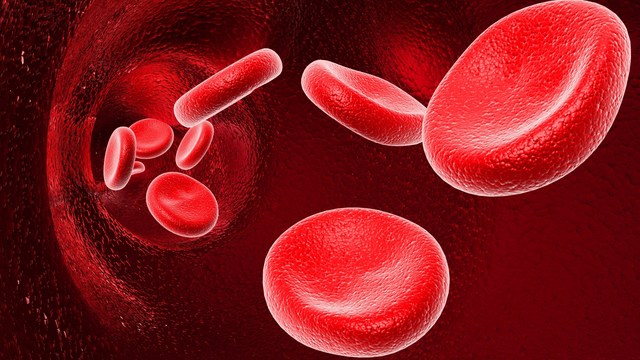Japanese encephalitis (JE) is an inflammation of the brain, due to infection by a virus known as a flavivirus. Occuring most commonly in Southeast Asia and the Far East and the Pacific islands, this infection in humans is the result of a mosquito bite.
Pigs and wild birds are the initial carriers, who pass it on to mosquitoes. People do not catch this virus from other people.
In most cases, symptoms are relatively mild, often no more than fever, loss of appetite, and headache. Dizziness, nausea, vomiting and diarrhea may also occur. The effects are similar to a case of the flu.
In more serious infections, the onset is sudden, with headache, stiff neck, high fever, sweating and tremors. Breathing may be rapid and shallow. Meningitis (infection of the meninges, which are membranes surrounding the brain and spinal cord) will often develop.
The individual may be gripped by convulsions or paralysis. They may be disoriented, and ultimately lapse into a coma.
Inflammation of the brain develops in about one out of every 500 cases. Progression of the disease often culminates in brain damage or even death.
Many of those fortunate enough to recuperate, discover that recovery is rarely total. The individual usually will carry some degree of disability either mentally or physically.
They may continue to experience lack of muscle coordination (ataxia), seizures, paralysis, as well as neurological and cognitive (thinking) impairment.
However, in the many mild cases of this disease, the individual will usually become immune to the virus.
The incubation period for JE is between five and 15 days after being bitten by an infected mosquito. Within another five to 15 days, symptoms begin to appear. They will last between one and six days.
JE, also known as Japanese B encephalitis, is the most common viral encephalitis that can be transmitted to human beings. It is also the main cause of viral encephalitis in Asia. More than 30,000 cases are reported every year.
The people most likely to be affected by this virus live in rural areas. U.S. civilians, and those in the military in Asia, make up only one case per year.
All available treatments can do little more than attempt to keep symptoms from worsening. Possible treatments are antiviral drugs, cortisone, anti-seizure medication, and acetaminophen for fever and headache.
In extreme cases, hospitalization may be in order, where the goal will be to reduce pain and fever.
Resources:
emedicine: Japanese encephalitis
http://emedicine.medscape.com/article/233802-overview
What Is Japanese Encephalitis? What Causes Japanese Encephalitis?
http://www.medicalnewstoday.com/articles/181418.php
Japanese Encephalitis: essential data
http://www.cbwinfo.com/Biological/Pathogens/JEV.html
Questions and Answers About Japanese Encephalitis
http://www.cdc.gov/ncidod/dvbid/jencephalitis/qa.htm
MDtravelhealth.com: Japanese Encephalitis
http://www.mdtravelhealth.com/infectious/japanese_encephalitis.html
Visit Jody's website and blog at http://www.ncubator.ca and http://ncubator.ca/blogger






Add a CommentComments
There are no comments yet. Be the first one and get the conversation started!